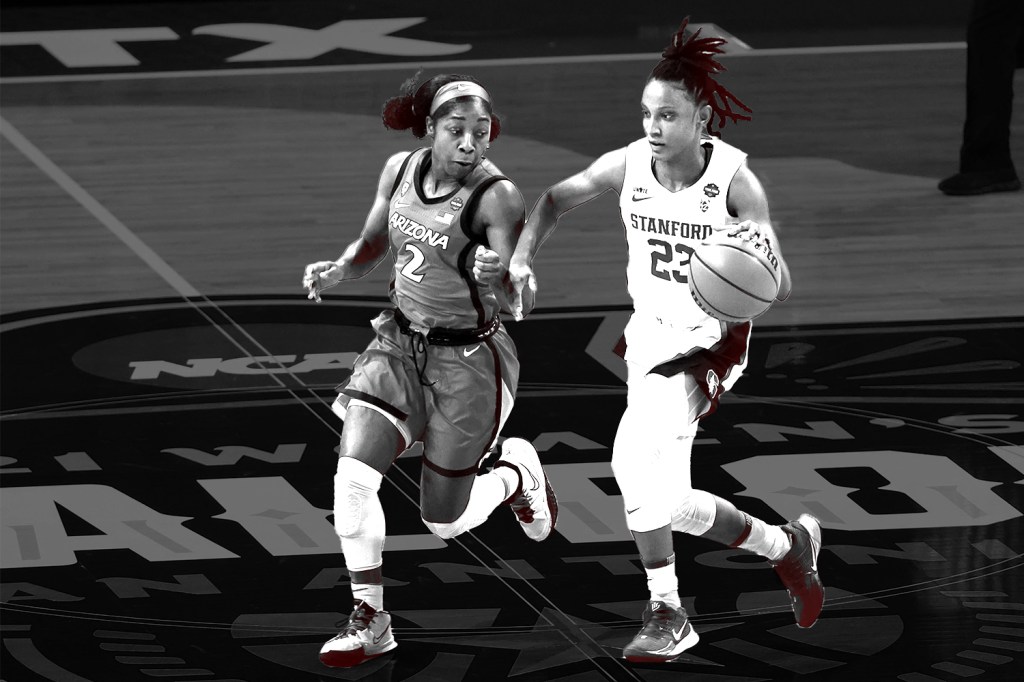Last week, the Pac-12 announced that George Kliavkoff, MGM Resorts International President of Entertainment and Sports, would replace outgoing commissioner Larry Scott.
Kliavkoff will take over a conference facing several major issues ranging from the deterioration of marquee football programs to a media rights deal inferior to other Power 5 conferences.
In his first press conference, Kliavkoff listed his top three priorities: “protect and support” athletes, “optimize revenue” for schools, and improve men’s basketball and football.
He also explicitly emphasized that he’ll focus on the two men’s sports over women’s sports.
Buttering the Pac-12’s Bread
Kliavkoff does, in fact, have a background in women’s sports. He previously served on the WNBA Board of Governors and managed the Las Vegas Aces. And early in the press conference, he said, “I’m a big proponent of women’s sports.”
But according to Kliavkoff, the conference’s biggest weakness is the men’s basketball and football national championship drought (although the NCAA women’s basketball final was an all-Pac-12 game, with Stanford crowned champion).
Kliavkoff did talk about opportunities to grow women’s sports. “I think elevating [women’s basketball] is about giving it more media exposure. Women’s basketball is one of those things — when people get to see it, and watch it and particularly in person, but also on television, they fall in love with it. So I think it’s just about elevating the exposure for that sport, and admittedly for many of the other sports.”
But he concluded by saying, “But again, I want to be clear: We know where the bread is buttered. We’re focused on the revenue sports and winning in men’s basketball and football.”
Experts Raise Eyebrows
Commissioners have historically been judged on the success of men’s basketball and football teams because of their enormous popularity and revenue.
“If the Pac-12 won the men’s basketball title and the football title this year and every single other sport did nothing … from his perspective, that’s a huge success,” Southern Utah University sports economics expert David Berri told FOS. “If you reverse it … it’s a failure.”
Both the NCAA and College Football Playoff award cash depending on men’s basketball and football team playoff performances. That’s not the case for women’s sports.
But should conferences develop priorities based on that system?
“I call that backwards thinking,” University of Pennsylvania college sports finance expert Karen Weaver told FOS. “To keep looking backwards to that kind of rewards and evaluation system seems to be really shortsighted.”





